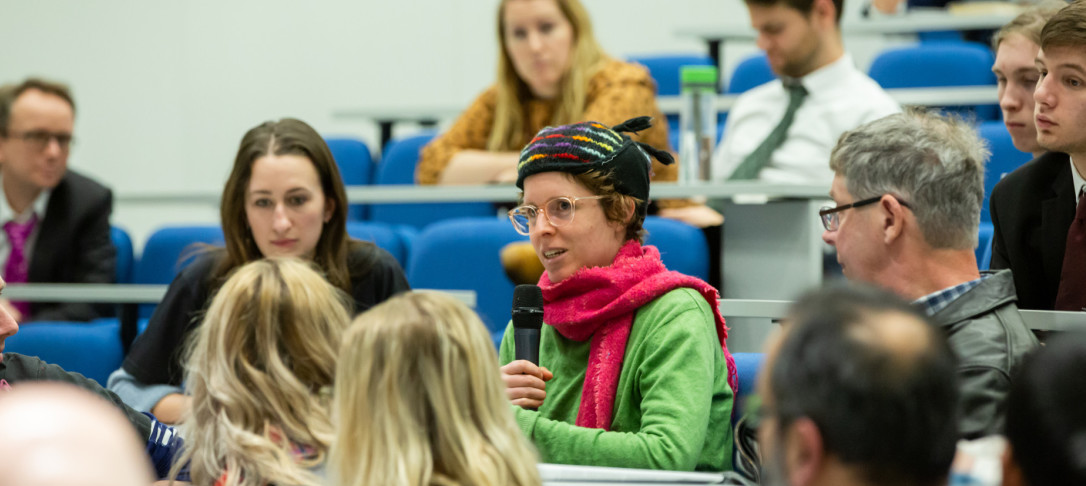
Join researchers from our COVID-19 Response Team as they answer your questions and take you behind the scenes of modelling the most deadly disease outbreak of the 21st century.
Since the start of the new coronavirus outbreak, our researchers have been working hard to understand the epidemic. From research on the spread of the virus and number of people infected to the impact of measures taken, the task is huge.
Epidemiologists, immunologists, virologists, phylogeneticists and healthcare professionals from around the world are all working at lightning speed on different pieces of the puzzle. How do we bring it all together to understand what we’re dealing with and what we should do about it?
Mathematical modelling helps to understand patterns in data and inform the outbreak response. But how does it work? How has our understanding of COVID-19 developed? How are we using what we’ve found to inform big decisions?
Dr Katy Gaythorpe, Dr Juliette Unwin and Dr Lilith Whittles will be answering your questions about our research and how their work has changed since the outbreak started. This is also an opportunity for them to understand your thoughts on their work.
How does the Q&A work?
- It’s free, online and everyone is welcome – you don’t need to know anything about the topic to take part.
- We’ll start with some introductions and a bit of background on what our researchers are working on before moving quickly into answering your questions. We will take questions through the event ‘chat’.
- You can ask as many questions as you like and we will get through as many as possible.
Who are our speakers?
- Dr Juliette Unwin’s research finds new ways to analyse outbreaks to help inform policy makers in real time. She’s currently looking at real time modelling of transmission rates (Rt) across Europe and the USA.
- Dr Lilith Whittles is an infectious disease modeller with a background in mathematics and statistics. She is particularly interested in the spread and control of disease-causing bacteria.
- Dr Katy Gaythorpe’s research uses mathematical modelling to understand whether interventions have impact
